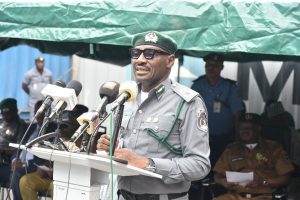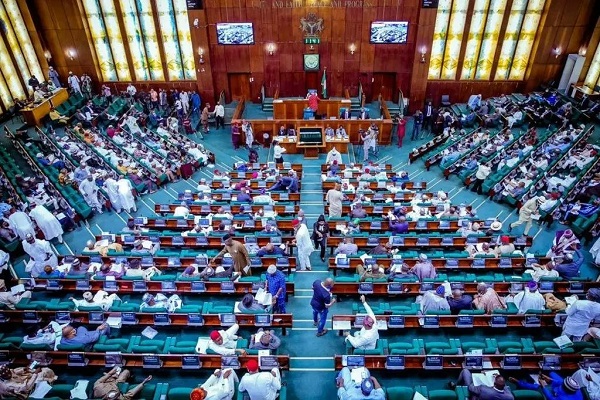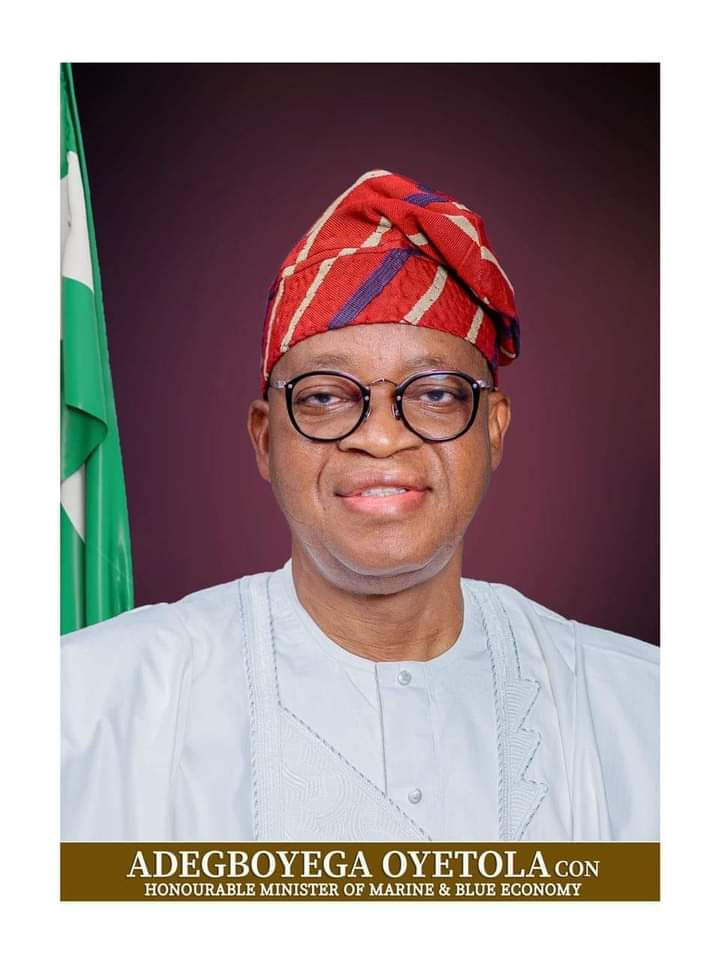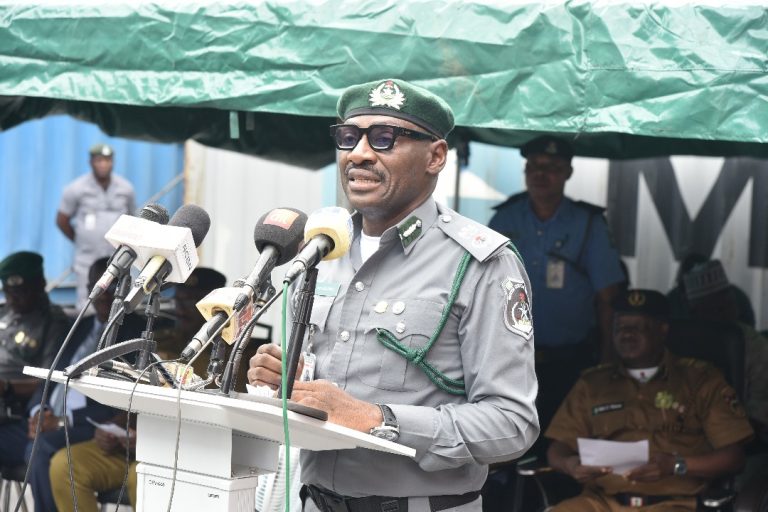- As Trump calls on US to ‘greatly strengthen and expand’ nuclear weapons capability
Egypt has suddenly delayed a vote on its UN resolution condemning Israeli settlements in the West Bank as Donald Trump made his opposition clear.
A US official told the BBC that it had been considering an abstention, which would have allowed the motion to pass.
Israel then contacted Donald Trump’s transition team to intervene, an Israeli official told Reuters.
Egypt’s resolution called for Israel to stop building new settlements, which it said breached international law.
It was to have been voted on in the UN Security Council on Thursday, but Egypt withdrew it hours before the meeting was due to start.
The United States, which holds a veto at Security Council, has traditionally sheltered Israel from condemnatory resolutions by voting them down.
“Israelis deeply appreciate one of the great pillars of the US-Israel alliance: the willingness over many years of the United States to stand up in the UN and veto anti-Israel resolutions,” said Israeli Prime Minister Benjamin Netanyahu earlier.
“I hope the US won’t abandon this policy.”
But there had been speculation that the Obama administration might change that strategy in the president’s final month in office and allow Egypt’s resolution condemning Israel to pass by abstaining from voting in the Security Council.
Earlier on Thursday, Mr Trump had urged the Security Council to defeat the resolution.
In a statement, the US president-elect said “peace between the Israelis and the Palestinians will only come through direct negotiations between the parties, and not through the imposition of terms by the United Nations.
“This puts Israel in a very poor negotiating position and is extremely unfair to all Israelis.”
After the postponement of the vote, an Israeli official told Reuters news agency that it had warned the Obama administration in advance that it would appeal to the president-elect if the US abstained, and confirmed that it had directly asked Mr Trump to intervene.
Egyptian President Abdel al-Sisi also spoke to Mr Trump by telephone. In a statement, Mr Sisi’s office said the two leaders had agreed the new US administration should be given a chance to deal with the issue.
Mr Trump takes over as US president on 20 January.
However, four other members of the security council warned that if Egypt did not press ahead with its resolution before the end of Thursday, other member states would do so.
New Zealand, Venezuela, Malaysia, and Senegal said they reserved the right to move ahead with the vote.
None of the four are permanent members of the council, but are serving two-year terms.
In the meantime, US President-elect Donald Trump called on Thursday for a strengthening of America’s nuclear weapons programme, throwing into doubt longstanding efforts to reduce its arsenal.
On Thursday, Trump tweeted: “The United States must greatly strengthen and expand its nuclear capability until such time as the world comes to its senses regarding nukes.”
It was unclear what prompted the comment on a medium that favours brevity over context. But it came on the same day that also President Vladimir Putin addressed Russia’s nuclear capacity.
“We need to strengthen the military potential of strategic nuclear forces, especially with missile complexes that can reliably penetrate any existing and prospective missile defence systems,” Putin said.
Trump spokesman Jason Miller later issued a statement to NBC News, which did not add much clarity.
Miller referred “to the threat of nuclear proliferation and the critical need to prevent it, particularly to and among terrorist organizations and unstable and rogue regimes”.
Trump, Miller said, “has also emphasized the need to improve and modernize our deterrent capability as a vital way to pursue peace through strength”. Asked if this meant Trump was not in fact calling for more nuclear weapons, NBC reported, Miller did not respond.
There are more than 15,000 nuclear weapons in the world, over 90% of which are in the US and Russia. Since the end of the cold war, the old rivals have worked to curtail production and then cut their nuclear stockpiles.
But relations have deteriorated significantly in recent years, while Trump’s freewheeling election campaign has shaken up many former certainties. In May, he suggested he could support South Korea, Japan and Saudi Arabia arming themselves with nuclear weapons for their own defence. “It’s going to happen anyway,” he told CNN. “It’s only a question of time.”
In a Republican primary debate, Trump seemed stumped by a straightforward question about the nuclear triad. And in a presidential debate, he appeared to contradict himself over the policy of first use, eventually saying: “I can’t take anything off the table.”
During the campaign, Hillary Clinton hammered him as too erratic and volatile, saying more than once: “A man you can bait with a tweet is not a man we can trust with nuclear weapons.” Ten former nuclear missile launch operators also wrote that Trump lacks the temperament and diplomatic skill to avoid nuclear war.
On Thursday the state department declined to comment on whether Trump’s tweet called his temperament into question. “Not for me to say,” spokesperson John Kirby said. “I can’t speak for the president-elect’s nuclear views or policy going forward.”
Kirby was not aware of any countries expressing concern over the tweet, he added.
Trump’s transition website says he “recognizes the uniquely catastrophic threats posed by nuclear weapons and cyberattacks”, adding that he will modernise the nuclear arsenal “to ensure it continues to be an effective deterrent”.
BBC with additional report from Guardian


















